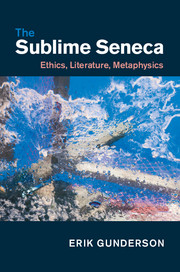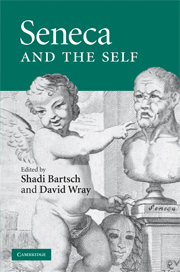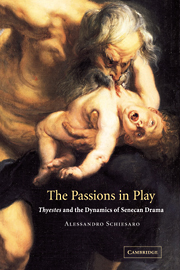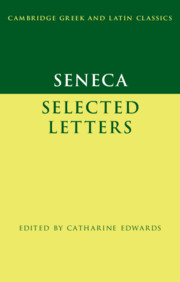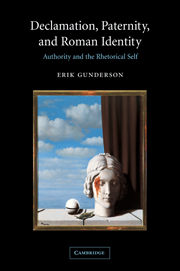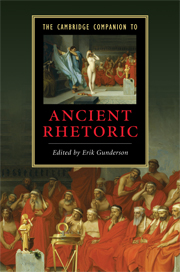The Sublime Seneca
This is an extended meditation on ethics in literature across the Senecan corpus. There are two chapters on the Moral Letters, asking how one is to read philosophy or how one can write about being. Moving from the Letters to the Natural Questions and Dialogues, Professor Gunderson explores how authorship works at the level both of the work and of the world, the ethics of seeing, and the question of how one can give up on the here and now and behold instead some other, better ethical sphere. Seneca's tragedies offer words of caution: desire might well subvert reason at its most profound level (Phaedra), or humanity's painful separation from the sublime might be part of some cruel divine plan (The Madness of Hercules). The book concludes by considering what, if anything, we are to make of Seneca's efforts to enlighten us.
- Examines Seneca's prose and poetry as part of the same enterprise rather than separately, as tends to happen
- Explores a variety of philosophical works together rather than in isolation, including the Moral Letters, Natural Questions, and select Dialogues
- Provides a literary reading of Seneca's philosophy and a philosophical reading of his poetry
Product details
January 2015Hardback
9781107090019
238 pages
231 × 155 × 23 mm
0.49kg
Available
Table of Contents
- Introduction
- 1. Misreading Seneca
- 2. Writing metaphysics
- 3. The nature of Seneca
- 4. The spectacle of ethics
- 5. Losing Seneca
- 6. The analytics of desire
- 7. The last monster
- Conclusion: the metaphysics of Senecan morals.

